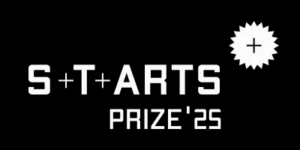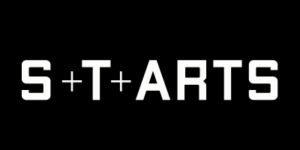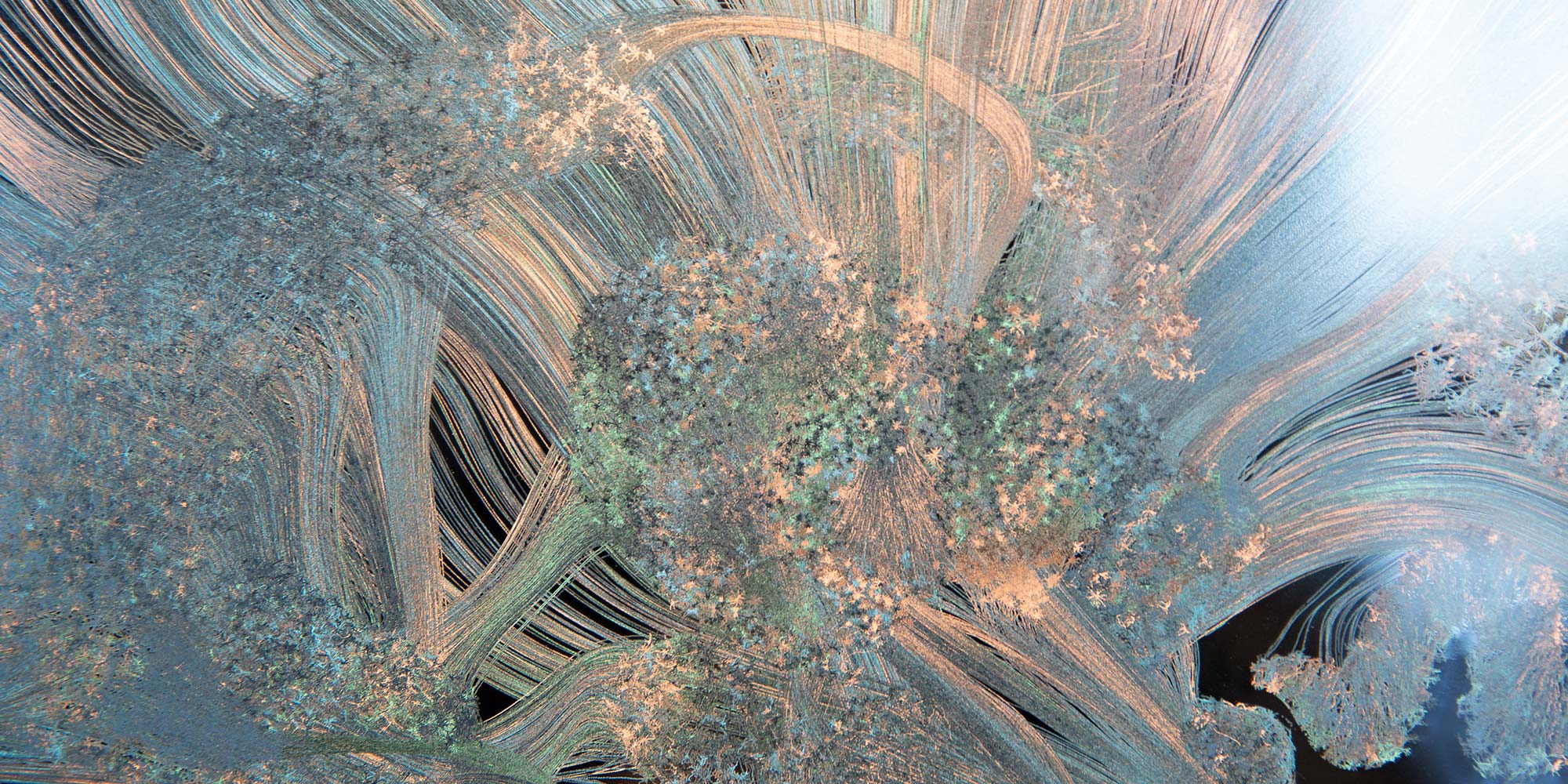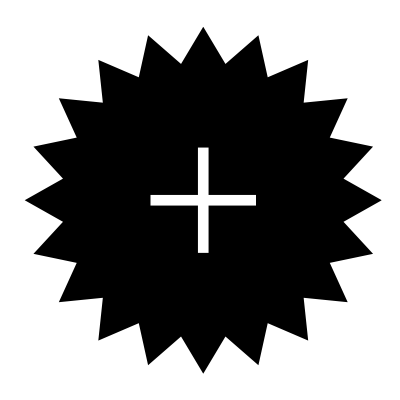
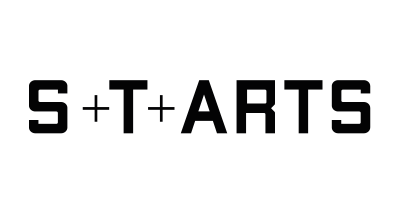
S+T+ARTS Initiative of the European Commission
S+T+ARTS Prize is part of the S+T+ARTS Initiative of the European Commission. It has long been an established fact that innovation is at the core of a competitive economy. Europe has historically focused its attention in engineering on R&D and standardization. Today, however, focusing only on technology is not sustainable.
An increasing number of high tech companies, world-wide, assert that, in addition to scientific and technological skills, the critical skills needed for innovation to happen and to be of value for society are skills such as creativity rooted in artistic practices. In the context, the Arts gain prominence as a catalyst of an efficient conversion of science and technology knowledge into innovative products, services and processes. In recognition of this development the European Commission has launched the S+T+ARTS initiative – Innovation at the nexus of Science, Technology, and the ARTS. The constant appropriation of new technologies by artists allows them to go further in actively participating in innovation in society and business. By using ICT as their medium of expression, artists are able to prototype solutions, create new products and make new economic, social and business models. Additionally, by using traditional mediums of expression and considering the potential of ICT, they propose new approaches to research and education and reflect on the role of innovation in our society.
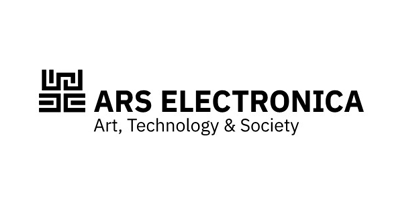
Ars Electronica
Art, technology and society—since 1979, Ars Electronica has been investigating how they’re interrelated and where they overlap, and seeking causes and effects at work among them. In doing so, the Ars Electronica Festival functions as a proving ground, the Prix Ars Electronica is an international competition to honor outstanding achievements in media art, the Ars Electronica Center is an educational institution and Museum of the Future open throughout the year, the Futurelab is Ars Electronica’s in-house R&D facility, and AE Solutions is the business division that carries out assignments commissioned by clients in the private sector. All these entities constantly monitor their respective domains to identify what’s happening in science and research, art and technology, and to mutually inspire one another.
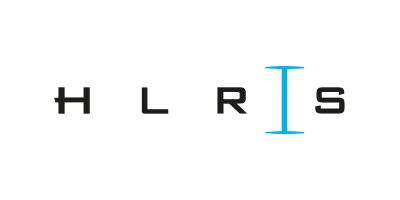
HLRS High Perfomance Computer Center Stuttgart
The High-Performance Computing Center Stuttgart (HLRS) was established in 1996 as Germany’s first national high-performance computing center. As a research institution affiliated with the University of Stuttgart and a member of the Gauss Centre for Supercomputing, HLRS provides computing resources for academia and industry. HLRS operates HPC systems, provides advanced training, and conducts research itself. Among HLRS’s areas of expertise are parallel programming, numerical methods for HPC, visualization, cloud computing, high-performance data analytics, and AI.
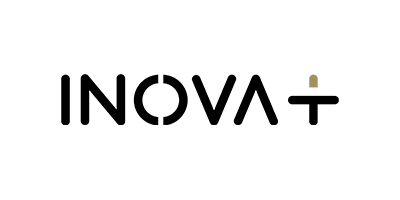
INOVA+
INOVA+ is an expert provider of consultancy services in the fields of innovation, technology, and entrepreneurship, being one of the key actors of the S+T+ARTS initiative. Since 2016, INOVA+ has contributed to the design and consolidation of the S+T+ARTS mission, co-creation methodology, community and scale-up and acceleration of results. In 2023, INOVA+ took a step forward, seeking to contribute to the S+T+ARTS consolidation and wideness, not only at the European level, but also at two new levels: regional and transcontinental, through two new projects, S+T+ARTS in the City and S+T+ARTS4AFRICA. New and enhanced activities are being designed and implemented, with multiple opportunities for numerous stakeholders.
INOVA+ was created in 1997 and operates from its headquarters in Portugal, and its offices in Belgium, Germany and Poland. With a highly qualified team of more than 100 consultants, with a multidisciplinary background and different nationalities, INOVA+ is also linked to a wide network of partners, which include public administration entities at the local, county, and regional levels, research centres, industry, education & training providers, NGOs, brokerage Institutions and European bodies. INOVA+’s consultants and project managers deliver effective and sustainable solutions in various areas of innovation, including Management & Innovation; Education & Training; Communities and Networks; Activation and Management; Entrepreneurship and Business Development; Internationalization; Science & Technology; Regional Development and Transnational Cooperation. Over the years, INOVA has contributed to the promotion of European and national policies and to the achievement of its priorities. INOVA+ Team has taken part in more than 150 European projects, having coordinated over 50 of them, in a large range of programs and areas.
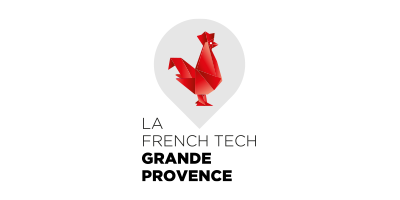
La French Tech Grand Provence
Under the French Ministry for the Economy’s initiative, La French Tech is a global movement highlighting french innovation, entrepreneurship and startups. French Tech Grande Provence is a French Tech regional hub based in Avignon (South of France), bringing together all the players in the innovation ecosystem in the field of cultural and creative industries. Its project relies on an exceptional area to test and develop innovative projects around culture and digital technology, thus strengthening the attractiveness and dynamism of this area. The territory of French Tech Grande Provence gathers 1260 digital and tech companies, 4 competitive clusters and benefits from a surrounding “living lab” in the cultural and creative sector, with 9 international festivals, gathering more than 1,9M spectators and 5 sites classified by UNESCO. Its ambition is to create favourable conditions for the emergence, development and perpetuation of startups deploying innovative solutions around artistic, cultural, tourism and mobility applications.
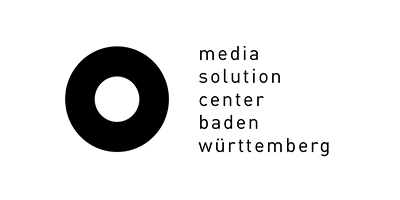
Media Solution Center Baden-Württemberg
A firm belief that products and projects in the cultural and creative sectors require increasing computing capacities. MSC-member‘s Expertise in Computer Science, Media, Culture and Creative Industries. Using new technologies – such as digitalisation with all its facets – intelligently and that European society as a whole can come closer together. The MSC provides the technology (HpC Computing) and knowledge transfer to the partners via its core partner institutions like HLRS High Performance Computing Center University Stuttgart, University of Media HdM Stuttgart, Center of Media Art ZKM Karlsruhe and La Fundación Épica La Fura dels Baus.
The MSC was the first institution in Europe to directly transfer the cultural and creative industries to technology and knowledge in a federal supercomputing center – HLRS University Stuttgart. In addition, the members of the MSC were supported in numerous projects by other strong partner institutions (founding members) such as the University of Media HdM Stuttgart and the Center of Media Art ZKM. These synergies were future-oriented and are now an essential part of many areas. The MSC is Co-Founder and Core Partner of the EIT CC (European Institut of Technology and Innovation in Culture & Creativity) and actually leading the S+T ARTS Regional Center AIR.
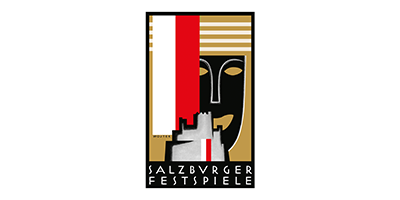
Salzburg Festival
The Salzburg Festival is described as the largest and most important festival in the world, and indeed this reputation can be substantiated by numerous superlatives – not only in terms of the number of events, annual visitors or tickets on offer. Everyone of distinction – conductors, directors, singers, actors and virtuosos of world renown – honours Salzburg in summer. And even the most prominent opera stars spend weeks of hard rehearsals preparing their performances and putting themselves at the service of the festival philosophy.
From its humble beginnings in 1920 to its current international standing, the festival has a remarkable history. Max Reinhardt, one of the visionary founders, dreamed of a place where art and culture would be celebrated in their highest form. His heritage lives on in every performance on the stages. The breathtaking venues, including the Großes Festspielhaus, the Haus für Mozart, the Felsenreitschule and the Domplatz, provide a setting of peerless beauty and magic. Here art comes alive, emotions are awakened and dreams come true. We cordially invite you to become part of this unforgettable experience. The Salzburg Festival is not only a festival, but also a reflection of human creativity and passion. Be part of it, enter the world of opera, theatre and music and let yourself be enchanted.
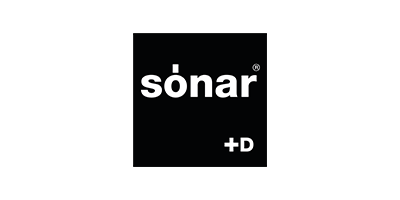
Sónar
Sónar is a music and creative technology festival, based in Barcelona, Spain since 1994. One of the first European festivals to focus on electronic music and digital culture, Sónar has become an essential date in the calendar for electronic music fans, artists, dancers and professionals from across the creative sector. Since 2013, Sónar has included the Sónar+D congress, an ‘anti-disciplinary’ event open to all attendees that explores how technology and creativity are shaping the present and imagining new futures. Sónar events have been held in over 65 cities around the world to date, in addition to yearly festivals in Barcelona, Lisbon and Istanbul. Each edition of the festival maintains this spirit of discovery, foregrounding international innovation whilst supporting the local creative scene.
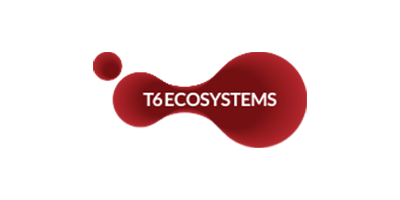
T6Ecosystems
T6 Ecosystems srl is a consulting and research SME. T6 main areas of research are socio-economic impact assessment of research and innovation initiatives, policy analysis and design and policy communication. T6 ‘Innovation Society and Social Capital’ research unit, has gained a long experience in the field of socio-economic impact assessment, having developed and successfully tested methodologies and impact assessment toolkits for more than 12 horizon 2020 projects. T6 has a long experience in the Media and Cultural and Creative Industry community through its work on policy design and analysis of the industry and its involvement in several research projects on media (i3, SOMA, IDMO). T6 partners have been also Vice- Chair of the New European Media Initiative (NEM) and founding member of Creative Innovation Council at the Frankfurter Buchmesse working on evolving digital needs of Europe’s creative industries. In its research activities, T6 adopts an interdisciplinary approach that combines and develops both quantitative and qualitative methodologies, following – when possible – the action-research principles. T6 has also an outstanding experience in disseminating and communicating activities for several EC projects, developing communication strategies adapted to specific target groups and using on-line and offline tools, applying user experience and interaction design. With a long and extensive experience in participating and co-ordinating national and international research and innovation projects, with a specific focus on European Research Framework Programmes T6 has also a relevant experience and competence in project and program management, project communication and dissemination.
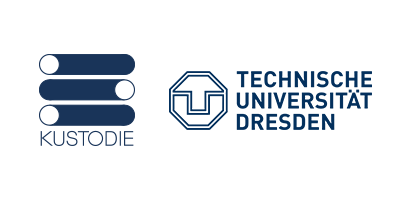
Kustodie, TUD Dresden University of Technology
In addition to the university’s 40 teaching and research collections an outstanding inventory of art works belongs to the Office for Academic Heritage (Kustodie) at the TUD Dresden University of Technology. Established in 1979, the Kustodie is one of the oldest of its kind in Germany. It would like to establish the university’s collection as a whole as a symbol of scholarly and scientific practice, to make it a fruitful source of academic history, to question it discursively within the framework of current research topics and, with educational methods, to open it up to the public at large. At the same time, it aims to activate the various material cultures in the scientific collection for artistic research.
The Kustodie’s multi-faceted exhibition activities include a permanent exhibition that displays a cross section of the scientific-technical collections at the university. In parallel, it presents special exhibitions on the interfaces between contemporary art, science and research, initiates Art Science Labs and offers residencies for artists as part of the Schaufler Lab@TU Dresden. In the context of these platforms, the Kustodie invites internationally known contemporary artists to the TUD to explore – working closely with scholars and scientists at the university – the pressing questions of the moment and artistic approaches to research: from artificial intelligence to smart materials to topics related to environmental science.
